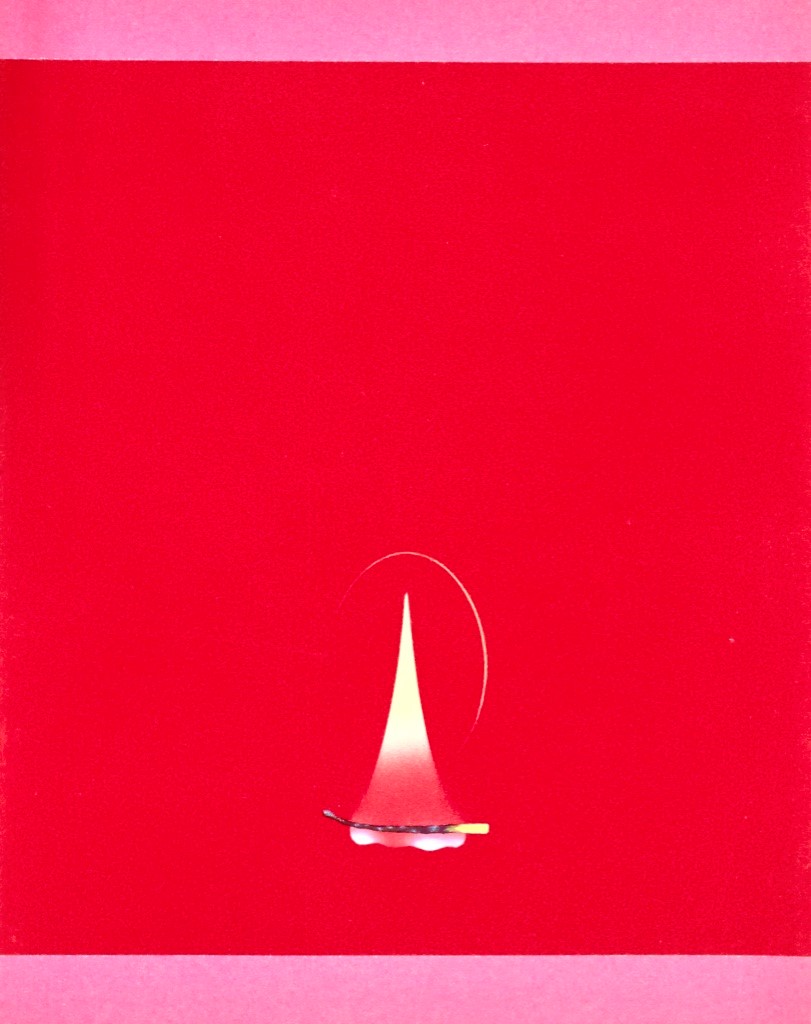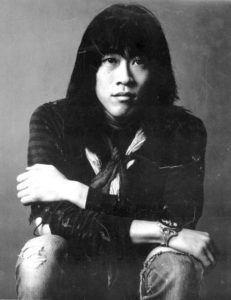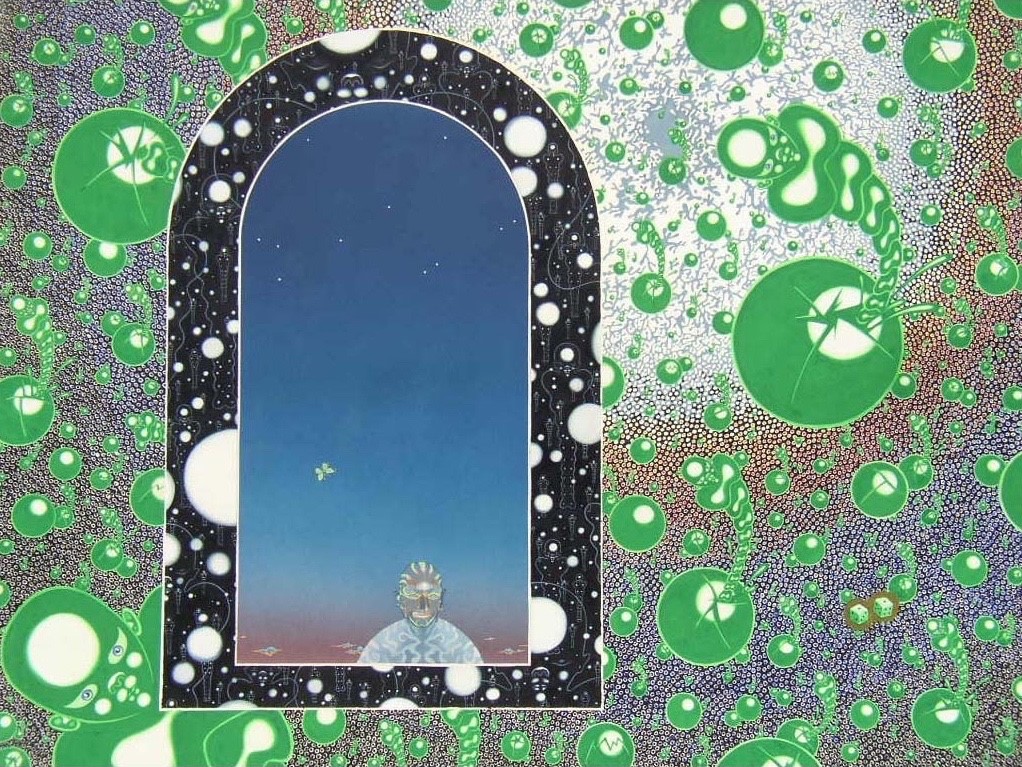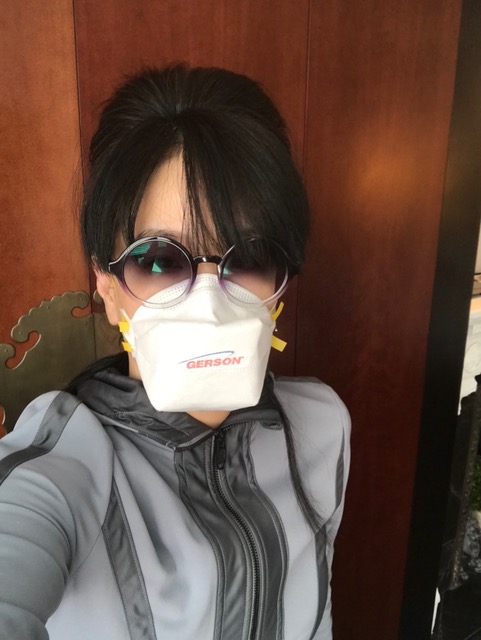
© 2020 CHING HO CHENG ESTATE – Artists Rights Society (ARS)
WHEN YOU REACH A CERTAIN AGE, you are forced to confront your own mortality. As I sit at home with my family in our Chelsea Hotel apartment in New York City, Covid-19 is infiltrating cities around the globe. One thing about isolating yourself is that it gives you plenty of time to think and reflect. This pandemic reminds me of the mysterious virus that surfaced in NYC in the ’80s—HIV. The disease itself became AIDS. Little was known in the beginning except that men were dying each day and doctors and scientists were completely baffled. The earliest cases were believed to affect only gay men, but we soon learned that anyone could contract the disease. Everyone was on the alert. We were terrified. Who was going to be next? During the early years anyone who contracted AIDS was stigmatized. The government took minimal action in finding a cure and it seemed completely hopeless. If you contracted the disease you were doomed. Celebrities like Elizabeth Taylor and other activists came to the rescue and raised awareness and funding to finally get us to a point where AIDS was no longer a death sentence. Many of us remember the terror we felt and the loss we endured. Most of my friends were in the arts, and that community felt the loss massively. The death rate was in the thousands as it is with Covid-19 today, and we lost friends and family daily. It was an unspeakable time, and to many of us who lost loved ones, we remember that period as a living nightmare. And then one day a true miracle occurred, new drug therapies were discovered. Today it only takes one pill a day to receive the gift of life!

My brother Ching Ho Cheng was a painter. He is gone. But his voice lives on in his artwork. As the years roll by, I learn more and more about him from his paintings as they speak of untold stories.
When Ching was in college, he was drafted into military service during the Vietnam War. His earliest works reflect this period of turmoil. Covid-19 impacts us in a similar manner. It reminds us we are not infallible. Although we are in different eras, the same feelings resonate as we think on our own mortality today. My brother found Taoism which gave him solace during those years. It was only after his death that I discovered that Taoism was a major theme throughout his body of work. In the early 1970s Ching created “Astral Theatre,” his version of the ancient Chinese Taoist myth of Chuang Tzu, a man dreaming he was a butterfly, or a butterfly dreaming he was a man. His work speaks of rebirth, the meaning of life and what happens afterwards.

© 2020 CHING HO CHENG ESTATE – Artists Rights Society (ARS)
As we wait for Governor Cuomo to lift our lockdown status, I feel a sense of peace as my mind ponders Ching’s “painted light series” which hangs on the walls of our home. These are paintings of light in all forms, whether through a rainbow, light bulb, fire, reflection or shadow. Personally, I see “the eternal light” as a message from Ching that there is light at the end of the tunnel—my brother’s way of depicting hope…

This is our year of fighting Covid-19 as a nation. We cannot ignore how precious and vulnerable our lives are as we sit at home with the rest of the world. This experience is changing us. Hopefully for the better. One thing I’ve learned from my brother and his paintings is that we are constantly evolving. As life moves forward to the next stage, perhaps mankind has learned from the past and will arrive at the realization that we are one. This would be the best miracle ever!
To view Ching Ho Cheng’s artwork, please visit www.chingchocheng.com.
For article on Ching Ho Cheng’s work, read “Ching Ho Cheng / 氧化 oxidation,” by Russell C. Leong, in CUNY FORUM Volume 4:1 (2016).
